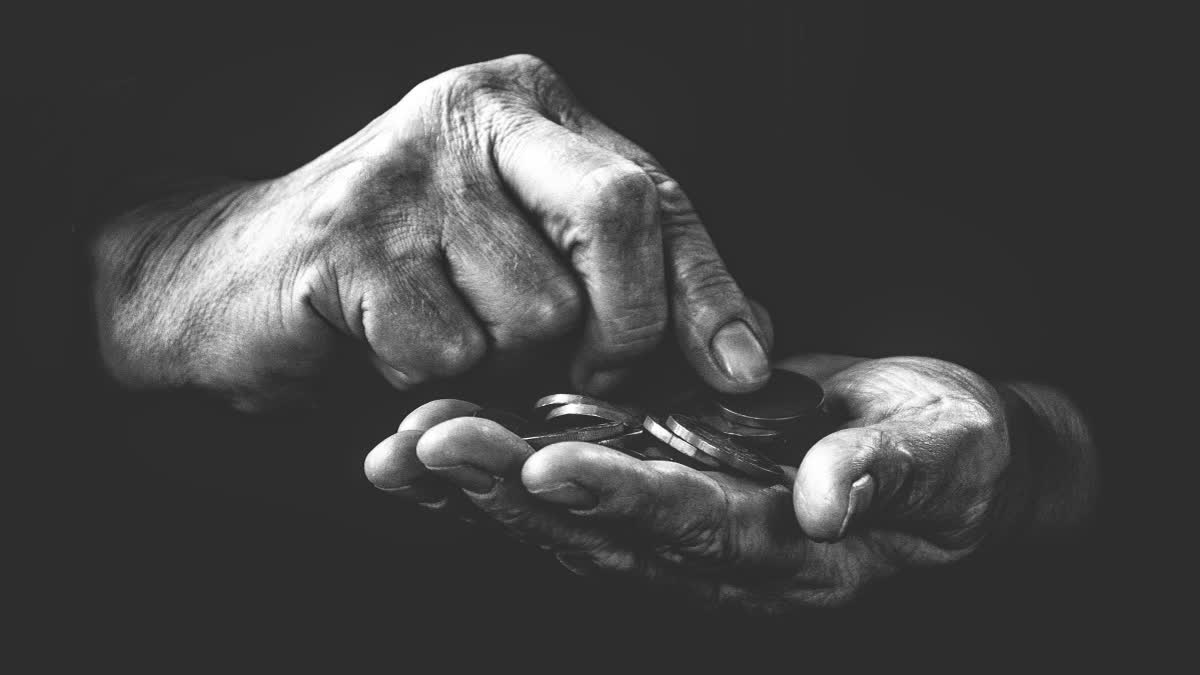Washington [US]: A global study led by a researcher at Columbia University's Mailman School of Public Health and published in the journal Scientific Reports discoverd that economic inequality on a social level cannot be explained by poor people making bad decisions or rich people making good decisions. Poor decisions were made across all income levels, including those who had risen out of poverty.
While economic inequality continues to rise within countries, efforts to address it have been largely ineffective, particularly those involving behavioral approaches. It is often implied but, until now, not tested that choice patterns among low-income individuals may be a factor impeding behavioral interventions aimed at improving upward economic mobility.
The study is based on online surveys in 22 languages with close to 5000 participants from 27 countries in Asia, Europe, North America, and South America. Decision-making ability was measured through 10 individual biases, including (1) temporal discounting, not preferring immediate funds over larger future gains; (2) overestimation, or thinking you are better than you are at making decisions; (3) over-placement, or thinking you are better than the average person at making decisions; and (4) extremeness, or taking the "middle option" simply because it seems safer than the highest or lowest.
